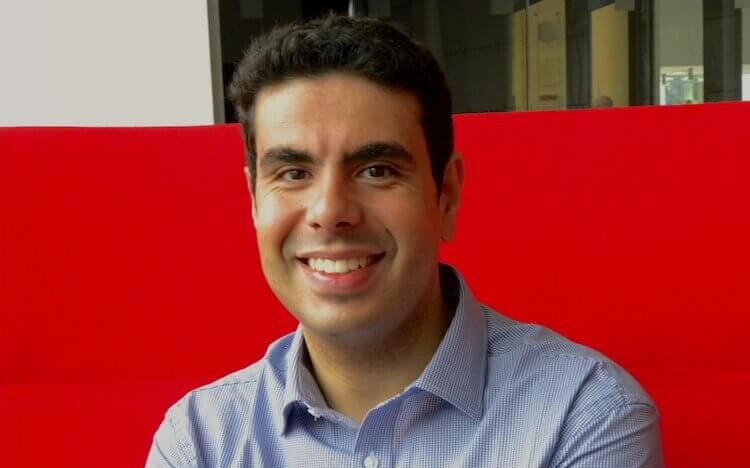Despite impending threats to business caused by the Brexit negotiations, the UK continues to fly the flag for entrepreneurship and startups.
For Kaz Kirollos, the course director of Aston Business School’s MSc in Entrepreneurship, entrepreneurship is now a legitimate career route.
Kaz’s path began in Cambridge before Geneva, where he was as a consultant and researcher for the UN. He also received a PhD in 2014 from Henley Business School. “During that time, as a hobby really, I started working with friends on different startups,” he recalls.
Kaz helped a number of startups out across areas like business development and marketing, he led a nine-month project as CEO of an internet startup, and even advised a China-UK consulting firm.
Now, he’s teaching students that the key to startup success is to think like Silicon Valley.
The shocking reality
A high rate of start-ups fail in their first year. Kaz acknowledges this is a shocking truth that most entrepreneurs will have to stomach. “The most difficult part of entrepreneurship is that starting process,” he warns. For him, this is down to a fairly simple problem—a fear of failure.
California’s Silicon Valley, for Kaz, remains the hallmark story of success for entrepreneurship. The tech industry near San Francisco has produced a consistent rate of high-achieving start-up ‘unicorns’—privately owned start-ups valued over $1 billion—including Uber, AirBnB, and Pinterest.
“Look at the areas that have the highest output of entrepreneurs—the reason why Silicon Valley produces entrepreneurs is that they have a culture where fear of failing is not a problem.”
It is this mentality, that Kaz tries to instill in his students. Integral to this process of building confidence in young entrepreneurs is changing the culture, or “ecosystem” as Kaz puts it, giving students access to institutions and other entrepreneurs which can help new businesses thrive.
Theory + Practice
Aston’s MSc in Entrepreneurship currently has 26 students in its class from a diverse international intake and professional background.
The course runs entrepreneurs through the lifespan of running a business, including a personal development module which is tailored to each entrepreneur. Whether a student is in the initial ideas and feasibility stage, or if they have already set up the business, the program offers case-specific advice to each participant.
Aston Business School’s incubator program, BSEEN, is further example of this. The program is run jointly with Birmingham City University, Newman University, and University College Birmingham. BSEEN mentors students with new businesses, providing access to their network of entrepreneurs and investors.
Kaz says that it was the balance between academic rigor and practical application of knowledge that drew him to the program.
Passion is everything
Aston’s growing reputation worldwide has increased its influx of international students, from China and India in particular.
This necessitates an awareness of the considerations of business owners from different parts of the world. Aston’s MSc in Entrepreneurship students focus on the challenges of businesses in the developing world, and how they differ from Europe and the US
Yet Kaz says the biggest contributing factor to success remains the same everywhere.
“When students come and pitch business ideas, I often ask them, ‘Is this something you are passionate about?’” he says.
“As in any career, enjoying what you are doing is so important, and entrepreneurs all too often neglect this.”






